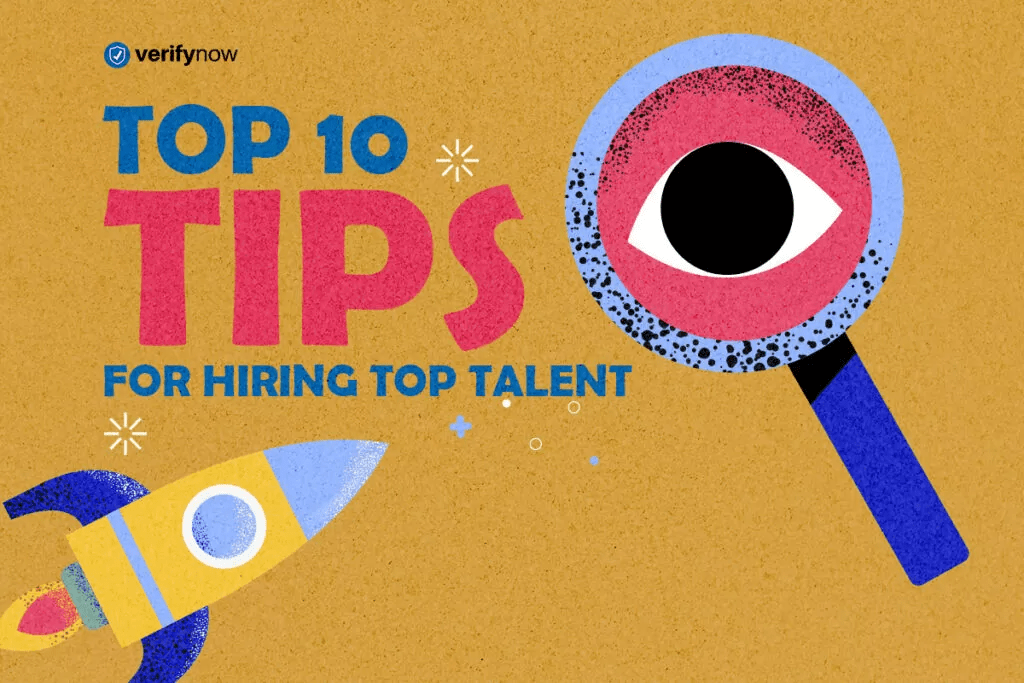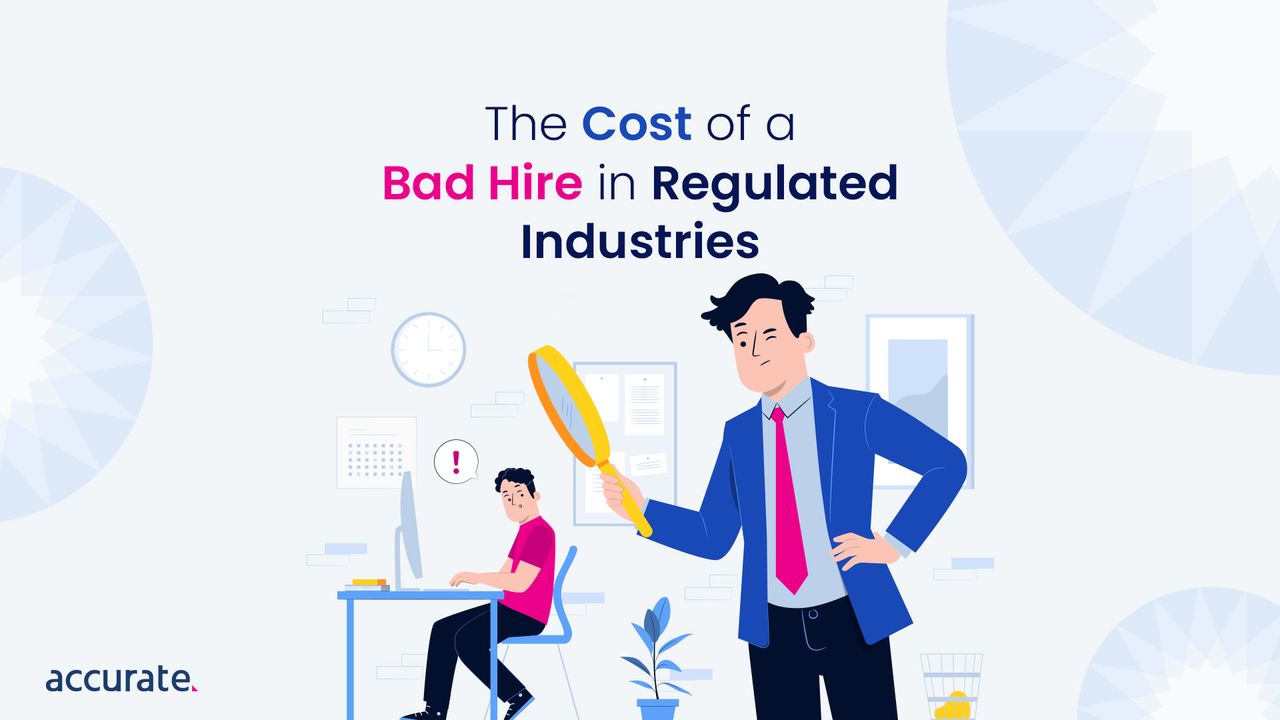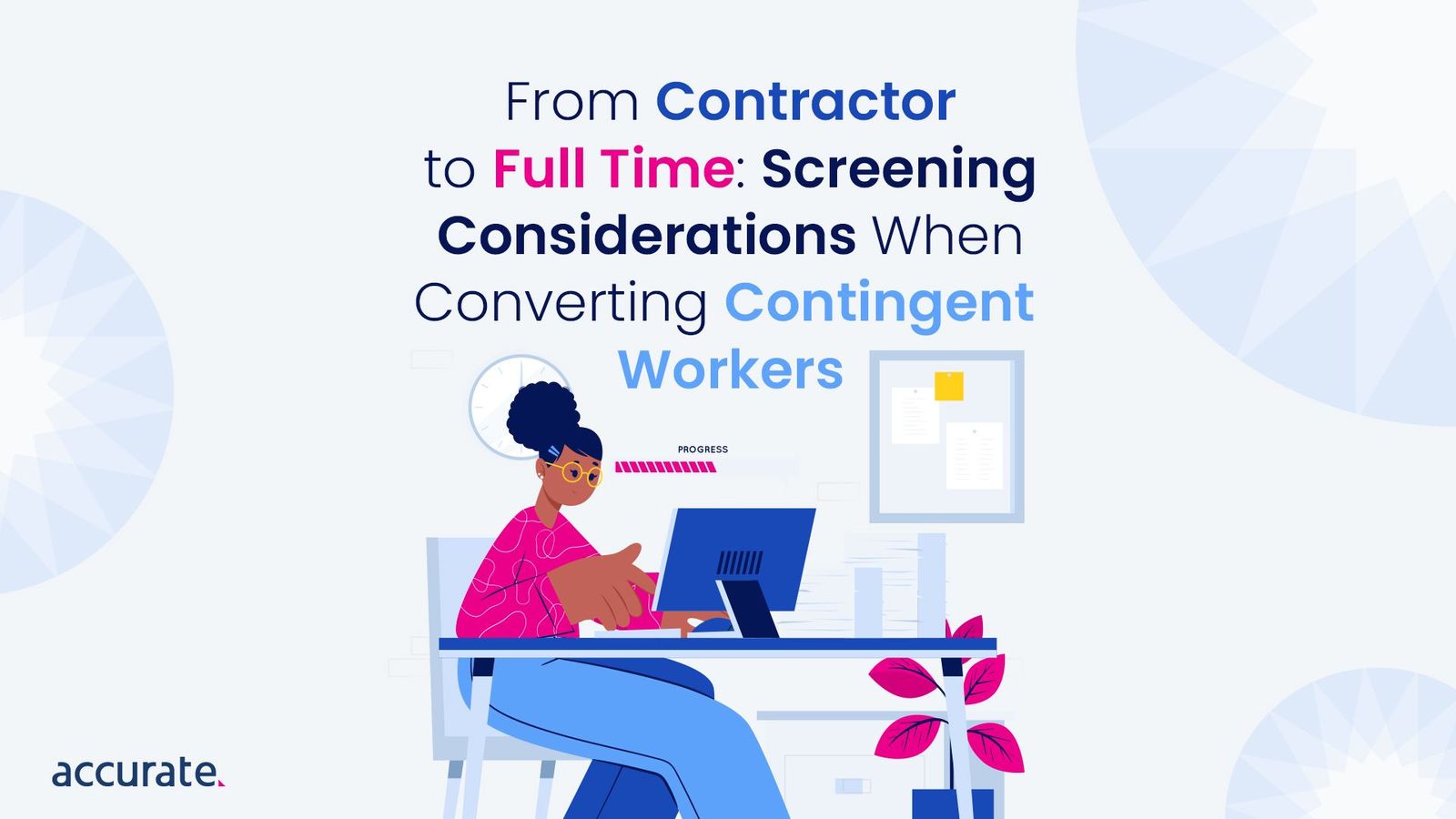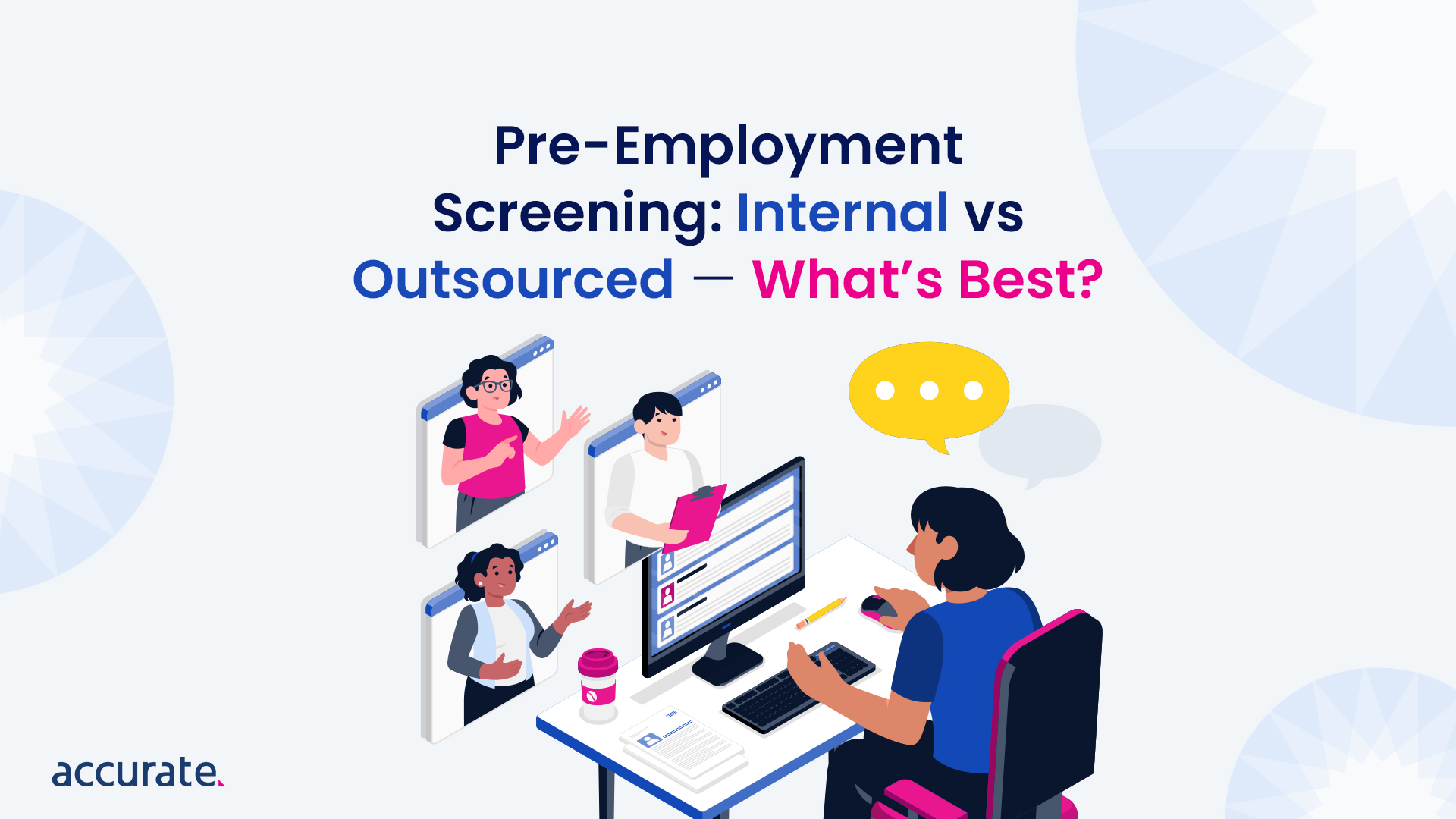A job interview is a critical step in the hiring process for any organisation. It is when the company and the candidate can assess each other and determine if they are a good fit for the position.
A well-designed interview process can help to identify the best candidates for the role, while a poorly designed one can lead to the wrong hires.
So, in this article, we provide a guide on how to create a well-designed interview process that can effectively assess candidates’ skills and qualifications.
1. Use a Structured Interview Process
A clear and structured interview process is crucial for ensuring the hiring decision is fair and objective. A structured interview process helps to guarantee that all candidates are evaluated on the same criteria and that the hiring decision is based on merit rather than personal biases or preferences.
It’s essential to define the roles and responsibilities of each member of the interview panel, to ensure that everyone is aware of their duties and can provide a consistent and well-rounded evaluation of each candidate.
To plan out the recruitment process, you must identify the necessary steps and the people who will be involved at each stage. This includes posting the job listing, reviewing resumes, conducting initial phone screens, scheduling interviews, and selecting the final candidate.
It’s also crucial to consider the onboarding process, which includes welcoming new employees, providing them with the necessary training, and integrating them into the team.
Organisations can ensure that their interview process is effective, efficient, and fair with a clear plan and the right people involved at each step.
2. Mix Up Your Interview Styles
Part of planning your interview process is establishing how you would like to conduct the interview to best draw out the information you need to make a hiring decision. You can use several interview styles to evaluate a candidate’s skills and experience.
| Style | Explanation | Example | Evaluation |
| Behavioural | Ask candidates about their past experiences and how they handled certain situations. | Tell me about a time when you had to resolve a conflict with a coworker. | This style can help you understand how candidates handle challenging problems and their problem-solving skills. |
| Conversational | A more relaxed approach aims to build a rapport with the candidate and learn about their personality, work styles, and interests. | What do you like to do outside of work? | This style can help you understand the candidate’s values and how they might fit into the company culture. |
| Situational | Used to assess how a candidate would approach specific scenarios they may encounter in the role. | If faced with a tight deadline, how would you prioritise your tasks? | This style can help you understand how the candidate thinks and if they have the necessary skills to succeed in the role. |
Using all three interview styles – behavioural, conversational, and situational – can comprehensively evaluate a candidate’s skills, experience, and fit for the position.
3. Ask Relevant Interview Questions
Designing interview questions relevant to the role and scenarios the candidate will encounter in the job is essential for effectively evaluating their skills, experience, and qualifications.
You should identify the critical competencies required for success in the role and develop questions targeting these areas. For example, if the position requires strong communication skills, ask questions that assess the candidate’s ability to communicate effectively in various situations.
The interview style can help formulate these questions, as different techniques may be better suited to evaluate other competencies. Behavioural questions, for example, are ideal for evaluating past experiences and actions, while situational questions can assess how the candidate might handle specific scenarios they may encounter in the role.
It’s also important to use clear and concise language when developing questions and avoid questions that may be discriminatory or biased. The questions should be open-ended and encourage candidates to provide specific examples of their skills and experience. It’s also essential to use follow-up questions to further evaluate their answers and qualifications is also essential.
If you can carefully plan the questions and use the appropriate interview style, you can gain a more well-rounded understanding of the candidate’s qualifications and make a more informed decision about whether they are the right fit for the role.
4. Incorporate Pre-Screening and Phone Screening
Using pre-screening or phone screening as part of the interview process is an effective way to evaluate candidates and focus on those who meet the criteria and are potentially fit for the role. These initial screening stages can help save time and resources by identifying candidates who are not a good match early in the hiring process.
During the pre-screening or phone screening, you can ask basic questions to assess the candidate’s qualifications, experience, and fit for the role.
These questions can be tailored to the specific role and can assess the candidate’s communication skills and ability to articulate their experience and qualifications. For instance, you may ask basic questions about the candidate’s past job responsibilities, specific skills, experience with relevant software or tools, and availability for the interview.
For this stage to be effective, you must also have a clear set of criteria the candidate must meet to progress to the next stage of the interview process.
5. Conduct Two Rounds of Interviews
Conducting two rounds of interviews, each lasting between 30 and 45 minutes, can be an effective way to gain a deeper understanding of the candidate and their fit for the role.
In the first round of interviews, you can focus on assessing the candidate’s technical skills, experience, and qualifications. This can include questions that explore their past work experience, technical abilities, and problem-solving skills.
For example, you might ask the candidate to describe a time when they faced a challenging problem and how they went about solving it. You can also ask questions to assess their experience with specific tools or software relevant to the role.
In the second round of interviews, you can focus on assessing the candidate’s fit with the company culture, communication skills, and ability to work with others. This can include questions that explore their values, work ethic, and personality.
For example, you might ask the candidate to describe a time when they had to work collaboratively with others to achieve a common goal. You can also ask questions assessing their communication style and ability to handle difficult situations or conflicts.
Overall, conducting two rounds of interviews can help you to evaluate the candidate’s consistency in their responses and allow you to gain a more in-depth insight into their skills and abilities.
6. Use Skills Assessment to Elevate Your Interview
Skills assessments can be useful for evaluating a candidate’s skills and abilities, especially if they are relevant to the role.
For example, for a software development role in the tech industry, a skills assessment may involve a coding challenge to assess the candidate’s programming skills. This approach can help you evaluate the candidate’s technical skills and abilities more objectively beyond what they may have presented in the interview.
7. Consider a Panel-Based Approach
A panel-based approach can benefit the hiring process as it allows for multiple perspectives and input on the candidate. It can also be particularly useful when hiring for a role that requires collaboration across various teams, as it ensures that the candidate’s skills and qualifications align with the needs of each team.
When coordinating a panel-based interview, you should have a clear plan and defined roles and responsibilities for each panel member. Each panel member should be prepared with specific questions about their expertise, such as technical skills, communication, or leadership.
For example, a technical panel member might ask a candidate to walk through a complex problem they solved in a previous job, while a panel member from a different team might ask about how they have collaborated with other teams in the past.
8. Allow Time for Candidates to Ask Questions
A panel-based approach can benefit the hiring process as it allows for multiple perspectives and input on the candidate. It can also be particularly useful when hiring for a role that requires collaboration across various teams, as it ensures that the candidate’s skills and qualifications align with the needs of each team.
When coordinating a panel-based interview, you should have a clear plan and defined roles and responsibilities for each panel member. Each panel member should be prepared with specific questions about their expertise, such as technical skills, communication, or leadership.
For example, a technical panel member might ask a candidate to walk through a complex problem they solved in a previous job, while a panel member from a different team might ask about how they have collaborated with other teams in the past.
9. Carry Out Post-Interview Follow-up and Evaluation
After the interview process, you should consider following up with both successful and unsuccessful candidates.
For successful candidates, this provides an opportunity to offer them the job and discuss any next steps in the onboarding process. For unsuccessful candidates, following up can close the recruitment process and help maintain a positive relationship with them.
You should be honest and constructive in your feedback, highlighting areas where the candidate excelled and providing suggestions for areas where they can improve.
Maintaining accurate records and notes of the interview process is also important for future reference and to ensure consistency in the recruitment process. You can use this information to identify areas where you can improve the interview process and to evaluate the success of the recruitment process overall.
10. Make Use of Trial Periods or Work Sample Assessments
If, after going through all these steps, you’ve secured a candidate, you may want to consider extending the “interview process” by including a trial period or work sample assessment to ensure they are the right fit for the role and the company culture.
Taking this additional step can provide valuable insights into the candidate’s ability to perform the job duties and work with the team and can also help to confirm that the candidate’s skills and experience align with the expectations set during the interview process.
For example, in the case of a graphic design role, a trial period could involve assigning the candidate a specific design project, evaluating their ability to meet the project requirements, and working collaboratively with other designers or stakeholders.
Similarly, for a sales role, a work sample assessment could involve asking candidates to prepare a sales pitch for a hypothetical product and evaluating their ability to communicate persuasively and close deals.
Including a trial period or work sample assessment will allow you to mitigate the risk of making a wrong hire and ensure that the candidate best fits the role and the company culture.
Key Takeaways
In conclusion, the interview process is a critical stage of the hiring process, and it is important to design a structured interview process that effectively evaluates candidates’ skills and qualifications.
Through a mix of different interview styles, designing relevant interview questions, using pre-screening, skills assessments, and trial periods, and using a panel-based approach.
Additionally, giving time for candidates to ask their own questions and planning out the recruitment process and onboarding process allows companies can ensure that they are hiring top talent that aligns with their needs and goals.
And if you would like to incorporate background screening into your recruitment framework (which we strongly recommend), get in touch with Accurate Background to learn more about our services.



